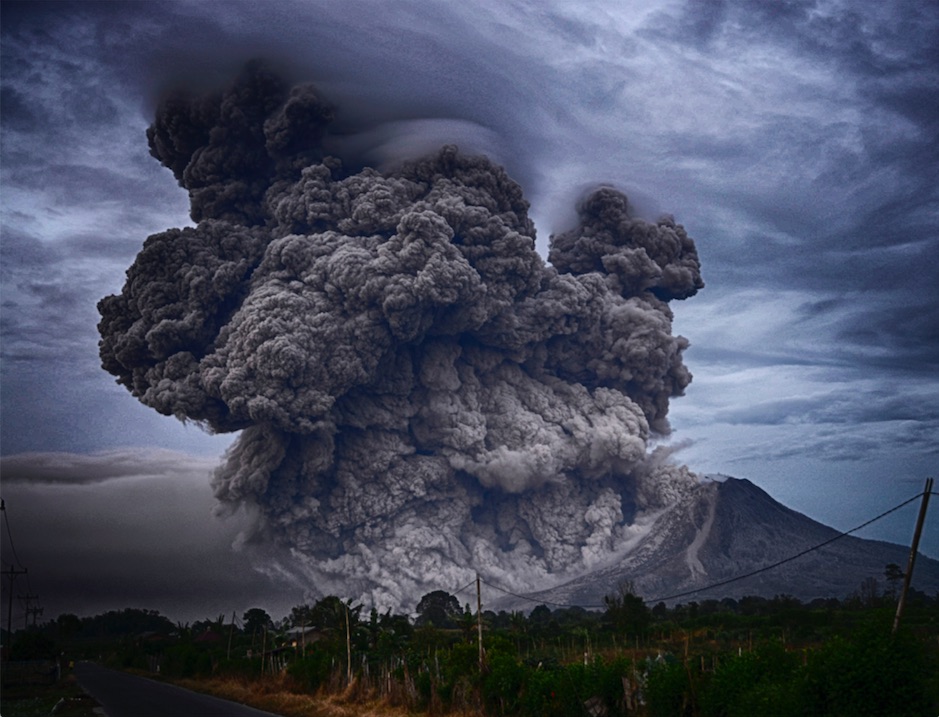
The UN Special Report on Global Warming
The United Nations’ Intergovernmental Panel on Climate Change (IPCC) released a special report on global warming and its impact on the world. Here are five major takeaways:
- “Global warming is likely to reach 1.5°C [above pre-industrial levels] between 2030 and 2052 if it continues to increase at the current rate,” (IPCC, 2018).
- “Climate-related risks for natural and human systems are higher for global warming of 1.5°C than at present… These risks depend on the magnitude and rate of warming, geographic location, levels of development and vulnerability, and on the choices and implementation of adaptation and mitigation options,” (IPCC, 2018).
- “There are a wide range of adaptation options that can reduce the risks of climate change. There are limits to adaptation and adaptive capacity for some human and natural systems at global warming of 1.5°C, with associated losses. The number and availability of adaptation options vary by sector,” (IPCC, 2018).
- “Pathways limiting global warming to 1.5°C with no or limited overshoot would require rapid and far-reaching transitions in energy, land, urban and infrastructure (including transport and buildings), and industrial systems. These systems transitions are unprecedented in terms of scale, but not necessarily in terms of speed, and imply deep emissions reductions in all sectors, a wide portfolio of mitigation options and a significant upscaling of investments in those options,” (IPCC, 2018).
- “Strengthening the capacities for climate action of national and sub-national authorities, civil society, the private sector, indigenous peoples and local communities can support the implementation of ambitious actions implied by limiting global warming to 1.5°C. International cooperation can provide an enabling environment for this to be achieved in all countries and for all people, in the context of sustainable development. International cooperation is a critical enabler for developing countries and vulnerable regions,” (IPCC, 2018).
Spooky stuff.
It boils down to this: If we don’t get our act together in the next twelve years, we’re going to see Mama Nature get real, real mad. That means more natural disasters, more humanitarian crises, more widespread extinction, all of which is worse than what we’ve seen to date.
Thankfully, it’s not all doom and gloom. The UN report presents an inspiring vision of humanity, working together to overcome the single greatest threat to our survival that we have ever faced. The peoples of the world can implement new tools and systems to adapt, to mitigate, and to reverse the destructive consequences of our entire history. We have the ability, the ingenuity, and the means to turn this whole thing around within the next twelve years. There’s one thing we lack, and it’s the one thing we need to achieve any large-scale change.
Political will.
Climate change is bigger than recycling and plastic straws. It’s bigger than individuals and corporations. It’s a global problem, and it requires the action and cooperation of our global leaders. If you’re someone who cares about climate change, the best thing you can do is vote. Vote for candidates whose environmental policies reflect your own beliefs. Vote for candidates who are committed to acting on climate change.
Want to take out the trash? Take out the trash and vote. Want to upcycle? Upcycle environmental policy and vote.
Reminder:
The midterms are on November 6.
Find out if you’re registered to vote here.
We’re the change we’ve been waiting for. Be a voter on November 6.
Source:
“Global Warming of 1.5 °C an IPCC special report on the impacts of global warming of 1.5 °C above pre-industrial levels and related global greenhouse gas emission pathways, in the context of strengthening the global response to the threat of climate change, sustainable development, and efforts to eradicate poverty: headline statements,” Intergovernmental Panel on Climate Change, 2018.

No Comments